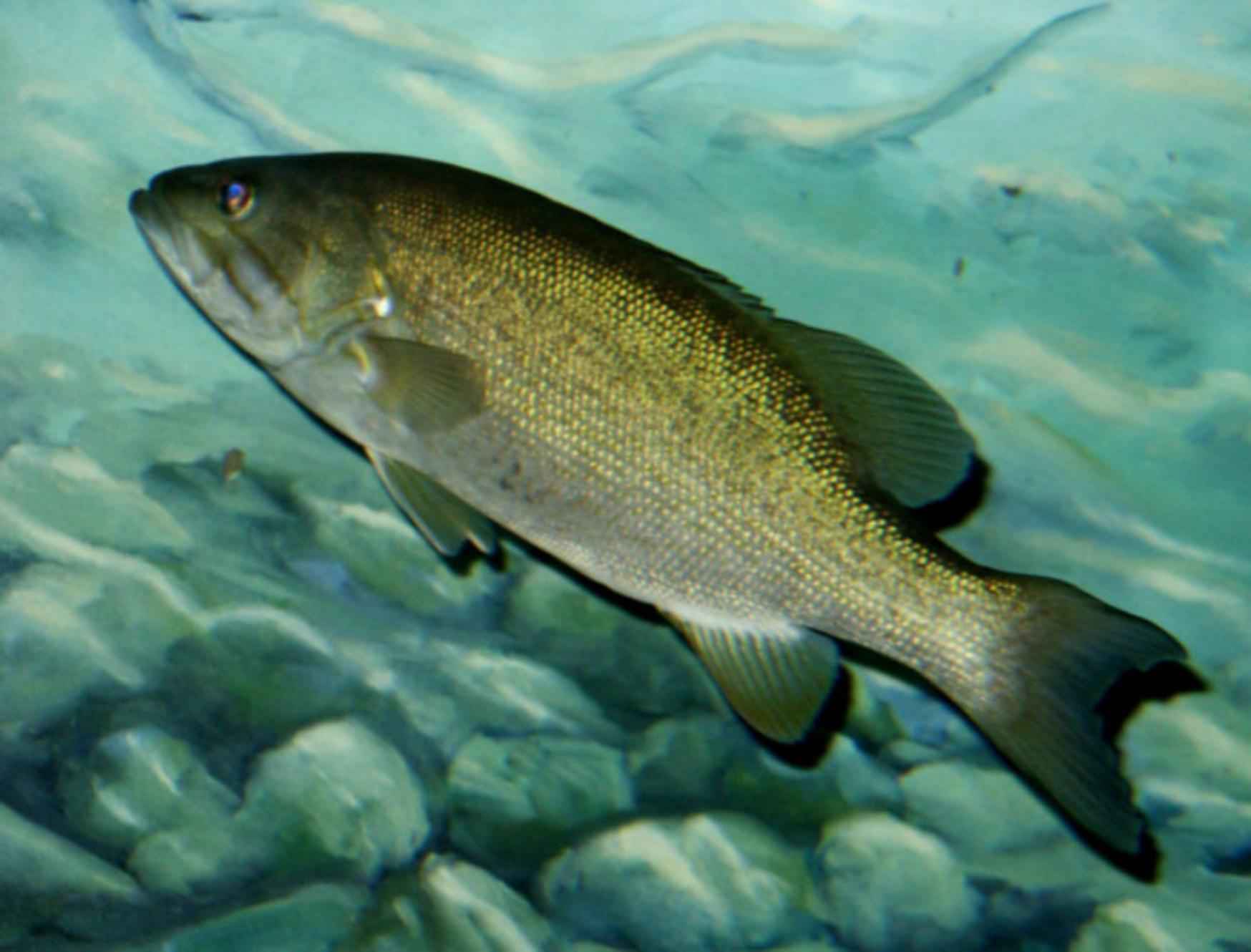- Colder water releases from Lake Powell aim to disrupt invasive smallmouth bass reproduction.
- Action taken to protect endangered humpback chub in the Grand Canyon.
- Releases start Tuesday, July 9th, will not affect water deliveries.
- “Cool mix flow” method uses both hydropower penstocks and lower river outlets for optimal temperature control.
July 8, 2024 — The Bureau of Reclamation will release cooler water from Lake Powell through Glen Canyon Dam starting tomorrow. This action is intended to protect endangered humpback chub populations in the Grand Canyon by disrupting the reproduction of invasive smallmouth bass.
“The most healthy and vibrant populations of humpback chub are found in the stretch of the Colorado River downstream of Glen Canyon Dam that runs through the Grand Canyon,” said Wayne Pullan, Upper Colorado River Basin Regional Director for Reclamation . “We have a great interest and commitment to preserving our progress in recovering the humpback chub and protecting all native fish species within the Grand Canyon. And this summer, by using these cooler flows, we have our best operational chance to achieve these goals.”
. “We have a great interest and commitment to preserving our progress in recovering the humpback chub and protecting all native fish species within the Grand Canyon. And this summer, by using these cooler flows, we have our best operational chance to achieve these goals.”
How the “Cool Mix Flow” Works.
The “cool mix flow” method involves releasing water from the hydropower penstocks and the river outlet works, located approximately 100 feet below the penstocks. The lower outlets access cooler water, effectively lowering the overall temperature of the released water. This approach was recently approved in the Glen Canyon Dam Long-Term Experimental and Management Plan.
The Smallmouth Bass Problem.
Lower water levels in Lake Powell have contributed to the release of warmer water from the dam. This warmer water has created favorable conditions for smallmouth bass, an invasive species, to thrive and spawn downstream in the Grand Canyon. Smallmouth bass prey on native fish species, including the endangered humpback chub.
Releasing Cooler Water Safely.
Reclamation has taken measures to ensure the safe release of cooler water, even with the declining water levels in Lake Powell. Interim guidelines have been established to address the risk of cavitation (formation of vapor bubbles that can damage equipment) when the reservoir level is low. The lake level is above the critical threshold, allowing the river outlets to operate safely.
No Impact on Water Deliveries.
Reclamation says that these actions will not impact water deliveries. The Western Area Power Administration will work to minimize the impact of reduced power generation caused by the modified releases.
Image:
Public domain image of smallmouth bass by U.S. Forest Service, via Wikimedia Commons.
by U.S. Forest Service, via Wikimedia Commons.

